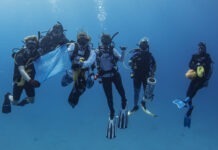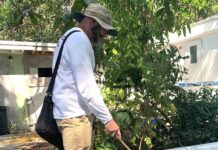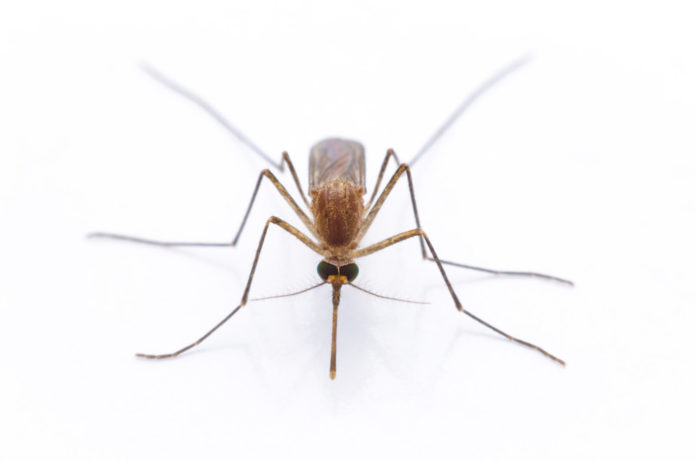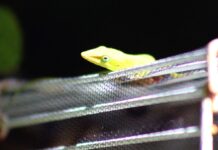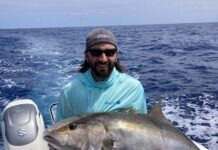The Florida Keys Mosquito Control District (FKMCD) and Oxitec say they have finished another phase of the project to evaluate the use of Oxitec mosquitoes in controlling invasive Aedes aegypti mosquitoes. The Florida Keys have experienced cases of dengue fever as recently as 2020, which emphasizes the importance of controlling this public health threat.
The FKMCD-Oxitec Mosquito Project team says it has successfully concluded the active release stage. All project release boxes will be removed from their sites in the coming weeks and monitoring will continue, likely until February next year.
“We are so very appreciative to our Florida Keys communities for getting involved and supporting this ground-breaking project,” said Andrea Leal, executive director of the Florida Keys Mosquito Control District. “We have learned so much in this first season, and it has been exciting to see that male Oxitec mosquitoes were successfully finding and mating with the target females as predicted. This pilot project simply would not have been possible without the dedication and support of so many local residents and community stakeholders and we are grateful to all of them.”
Throughout the project, only Oxitec’s non-biting male mosquitoes emerged from the boxes and dispersed as expected, mating successfully with invasive pest females. Public support in project areas, including the volunteer residents who hosted boxes, remains high. More detailed information will be shared in the coming months as data is evaluated by the project steering committee.
“On behalf of the entire Florida Keys community, we’re thrilled to share that our first mosquito releases on U.S. soil have been successful with tremendous public support,” said Grey Frandsen, CEO of Oxitec.
“We are also indebted to the professionalism and commitment of our local partner, the Florida Keys Mosquito Control District. There is no doubt that this represents a landmark achievement as the first crucial step to making our technology available in the U.S. at a time when Aedes aegypti continues to expand its impact across the country. We aim to build on this momentum, continuing to work with world-class partners in Florida and California to deliver accessible, effective, and environmentally friendly solutions to control the increasing threat of invasive, disease-carrying mosquitoes.”
More information is at keysmosquitoproject.com.


